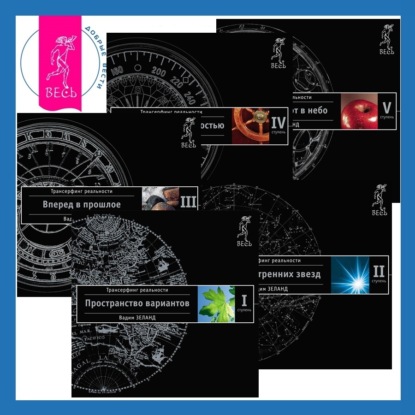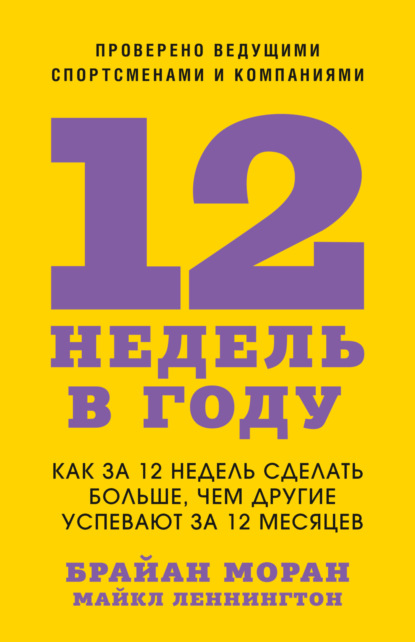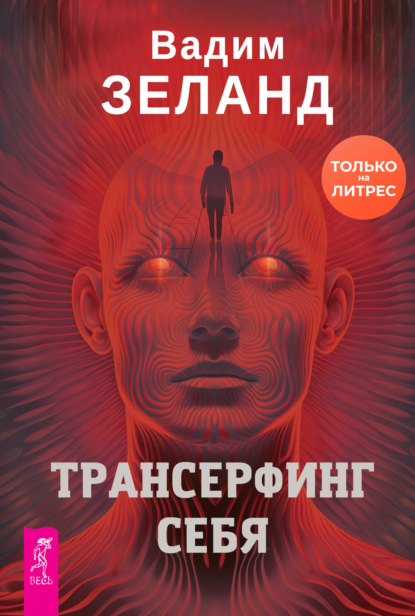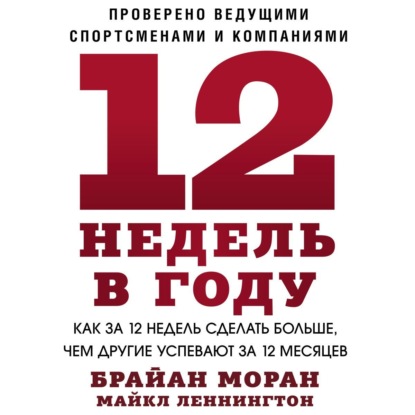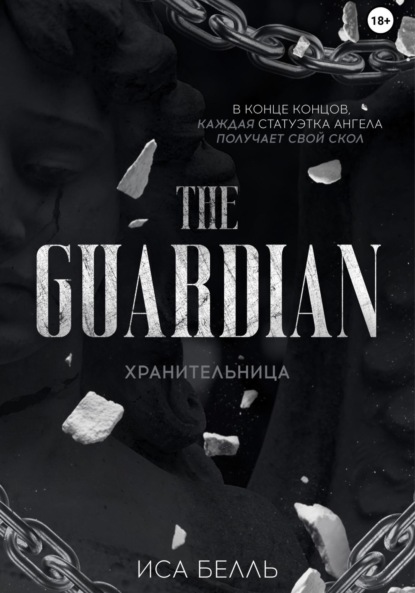Modernity as the fruit of the Enlightenment is a theme that has been explored and analyzed for decades, both in Western and non-Western academia. There is strong consensus that one of the major foundations of this now three-hundred-year-old "project" is the understanding of the human individual as an autonomous actor, one capable of enormous discoveries through the application of rational intellect in his discovery and analysis of the natural world. It seems, however, that the Enlightenment framework, which has dominated modernity, could contain the seeds of its own undoing, and that this is evident in the loss of trust in civil society. This raises a question: Does modernity as the fruit of Enlightenment contain the elements necessary to deal with the loss of trust, both interpersonal and institutional, facing Western liberal democracy? If not, what possibilities does the Enlightenment framework offer as a corrective to human autonomy and its social consequences, especially for civil society, and its foundation in trust? If a new framework for human social relationships can be established, it would not need to discard the gains of the past centuries of modernity, but would serve as a corrective to it, both for cultures strongly shaped by Western modernity and for cultures that are seeking or are pressured to reach modernity at all costs. This framework would need to address both the communal (the nature of society) and the singular (the individual) without sacrificing either to the other. This work represents a fresh look at the societal consequences of the Enlightenment and proposes an alternative framework in terms of covenant. Это и многое другое вы найдете в книге Covenant as Ethical Commonwealth (Perry Simpson Huesmann)
Covenant as Ethical Commonwealth Perry Simpson Huesmann (книга)
Подробная информация о книге «Covenant as Ethical Commonwealth Perry Simpson Huesmann». Сайт не предоставляет возможности читать онлайн или скачать бесплатно книгу «Covenant as Ethical Commonwealth Perry Simpson Huesmann»




